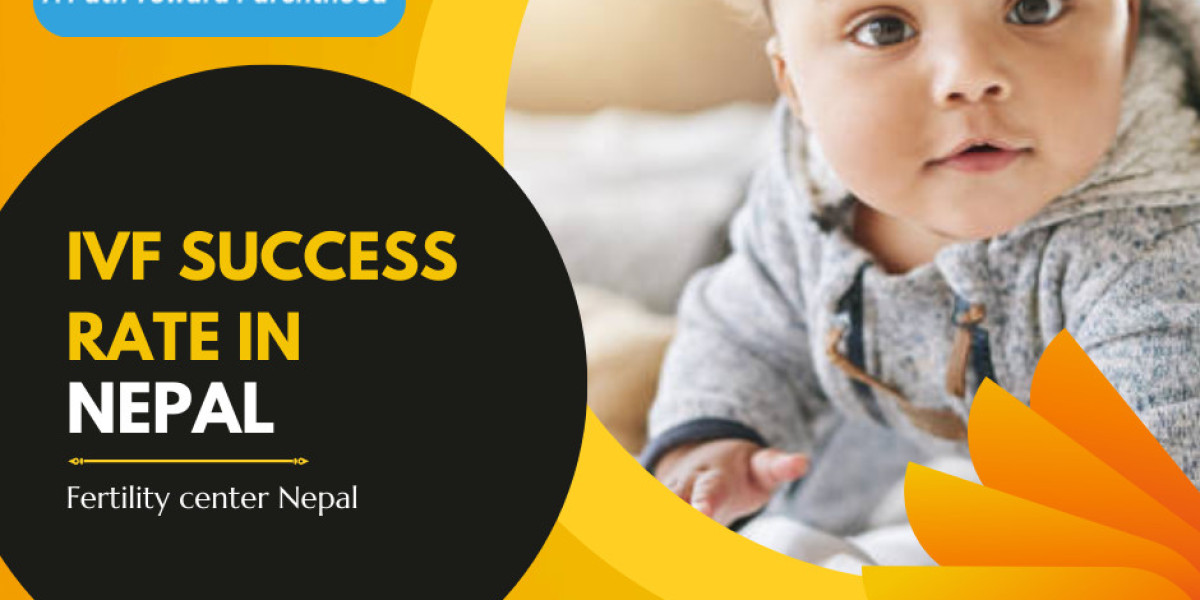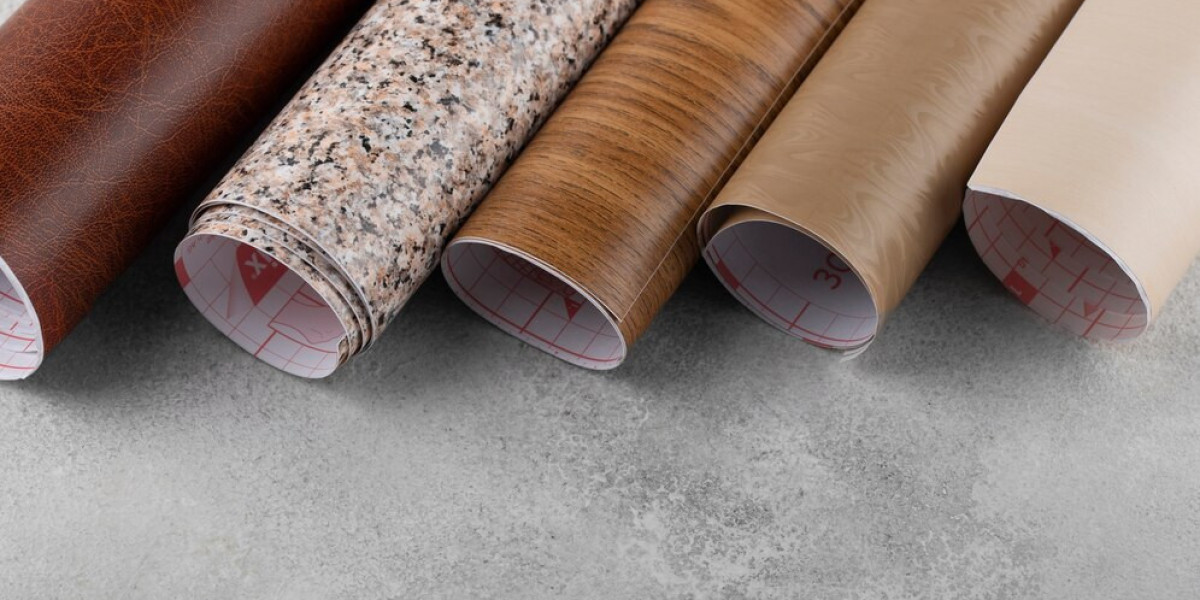The following are some of the factors that affect the IVF success rate in Nepal:
1. Age of the couple: The most crucial element influencing the IVF success rate in Nepal is the couple's age. According to the study, women under 35 are more likely than those over 35 to have a good IVF treatment outcome. To attain the maximum IVF success rate in Nepal, fertility specialists at the best IVF centre in Kathmandu advise IVF to couples under 35. They advise couples over 35 to undergo advanced IVF techniques, which are slightly more costly than traditional IVF but provide the best outcomes and enable them to become a parent of their baby.
2. Earlier Pregnancy: When a woman plans to have a second child through IVF, her chances of success are higher in Nepal if she was pregnant earlier. However, the likelihood that the lady would have the most incredible IVF success rate in Nepal would be reduced if she had a history of recurrent miscarriages.
3. Bodyweight: Another essential factor influencing Nepal's IVF success rate. By the body mass index (BMI), couples receiving IVF therapy are required to maintain an ideal body weight. The fertility specialist must administer a high dosage of fertility drugs if the couple's body weight does not match their BMI, which has an impact on the overall pregnancy rates. Whether a couple plans to conceive naturally or through fertility, they must remember that body weight should match their BMI.
4. Lifestyle changes: Because of the impact on their fertility, couples who use dangerous medications have a lower IVF success rate in Nepal. The pair should stop using risky medications at least three months before scheduling an IVF operation, according to fertility specialists.
According to research, the best IVF centre in Kathmandu has excellent IVF success rates for women over 40, which hover around 50%. The number rises for women under 35 who have IVF treatments.
How is the basic fertility process carried out at the best IVF centre in Kathmandu?
Other names for IVF include In-vitro Fertilization. The process is carried out in an IVF lab, where the best IVF doctor in Nepal will remove the woman's ovaries' eggs, fertilize them with male sperm there, and then implant the embryo into the birth mother's womb. The fertility specialist advises the couple to visit the top fertility clinic for a prenatal checkup after 14 days following implantation. Couples who do not want to proceed with the basic IVF technique can repeat a cycle or choose other reproductive options. If the findings are favourable, the lady continues her pregnancy as a typical one, just in case the first effort fails. IVF is a challenging operation for couples since it requires a great deal of mental, financial, and emotional stability, and it may be a process that improves with time.
The best IVF doctor in Nepal suggests several solutions for couples who are dissatisfied with their IVF therapy to conceive.
Which is the best IVF in Nepal for women?
The best IVF in Nepal for women is egg donation, which is typically advised for women who cannot generate a lot of eggs for fertilization in a single cycle. In these situations, young, healthy, and fertile women between the ages of 21 and 30 provide their eggs for the fertility specialists to use. To facilitate fertilization, a fertility specialist will use the recipient's husband's sperm to fertilize the borrowed eggs. The embryologist will wait for pregnancy symptoms after fertilization and implant the healthiest embryo or embryos into the birth mother's uterus. IVF cost in Nepal 2025 with donated eggs is about USD 7000.
Which is the best IVF in Nepal for males?
Because it addresses male infertility, ICSI is the best IVF in Nepal for men. ICSI and IVF are comparable procedures. The fertilization step is the only distinction between the two fertility techniques. In IVF, the biological parents' eggs and sperm are combined in a lab culture dish to accomplish conception. In addition, ICSI involves injecting a single sperm straight into the woman's eggs to fertilize them. The resultant embryo will be inserted into the uterus of the mother.
The best IVF doctor in Nepal requests that the recipient's husband provide a sperm sample on the same day when her eggs are taken to perform the ICSI procedure. The best IVF doctor in Nepal will use a small needle to surgically remove sperm from the testicle (testicular sperm aspiration, or TESA) or the epididymis (percutaneous epididymal sperm aspiration, or PESA) if sperm are not available. TESE is an advanced procedure used by specialists who still fail to gather enough sperm for fertilization.
The woman's eggs are extracted using a tiny needle once the best IVF doctor in Nepal has gathered enough sperm for fertilization. In a lab, a skilled embryologist separates the recipient's husband's sperm. The most active sperm are chosen by the specialist and injected straight into the woman's eggs. To ensure a successful pregnancy, an embryo is created after two days, and the healthiest embryo is chosen by a trained embryologist to be implanted into the mother's uterus. The IVF cost in Nepal 2025 with ICSI is between $5,000 and $6,000.
Read More:- https://fertilitycentrenepal.com/ivf-success-rate-in-nepal/









